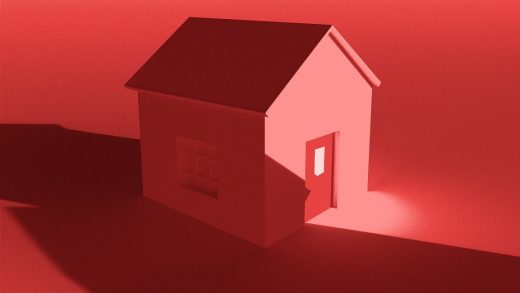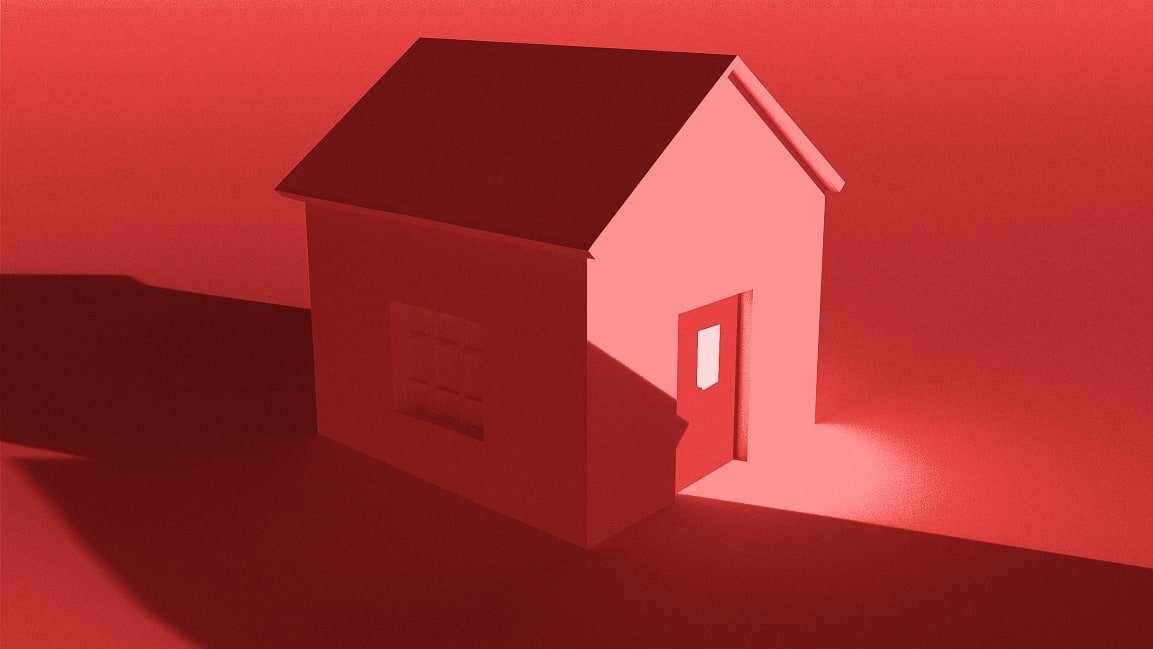This map shows where Americans are most at risk of eviction
As businesses that closed because of the pandemic begin to reopen, millions of Americans are still unemployed. By the end of July—unless the government acts—they’ll stop getting the extra federal unemployment benefit of $600 a week that came as part of the CARES Act. For as many as 6.7 million renters, that might mean facing eviction.
Urban Footprint, a tech company that makes urban planning software tools, mapped out which communities are likely to be most affected, based on unemployment claims, the cost of housing, and existing social vulnerability. Even before the pandemic, nearly half of the 43.1 million American households that rent were rent-burdened; 10 million were severely rent-burdened, meaning that they spend more than half of their income each month on rent, and they’re less likely to have savings to cover a job loss or the loss of income if they get sick and can’t work.
States with expensive housing and high income inequality are especially at risk. California, New York, Florida, Georgia, and Texas top the list. But renters across the country are facing eviction and possible homelessness. Urban Footprint is working with state agencies and organizations in Louisiana to analyze the risk there, finding that 35,000 households in the state were most vulnerable because of the cost of rent, job loss, and underlying factors like the number of households led by a single parent. The detailed maps help the state prioritize the communities in most need of assistance.
Nationally, the organization estimates that between 3.4 million and 6.7 million renter households are both rent-burdened and jobless. “This level of displacement would be unparalleled in U.S. history and carries the potential to destabilize communities for years to come,” Joe DiStefano, CEO and cofounder of the company, writes in a blog post. Closing the rent gap could cost between $16.2 billion and $31.8 billion over the next six months. Right now, there’s no guarantee that will happen, though Democrats have proposed spending $100 billion on emergency assistance for both renters and mom-and-pop landlords.
(13)



